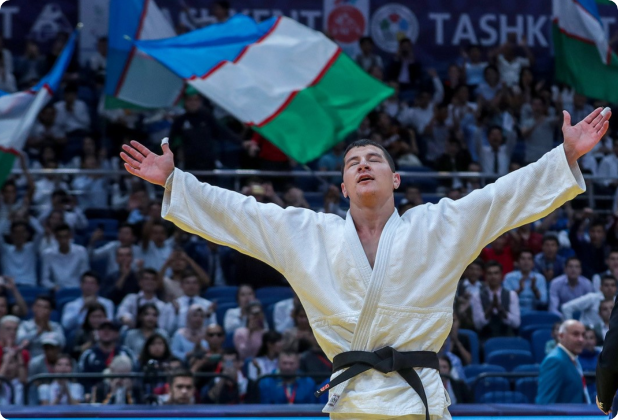Classification
Classification
IBSA aims to be a world leader in classification for sports for people with visual impairments.
Since it began in the 1980s, the organisation has gathered a huge amount of knowledge and expertise. This comes from the research that it has led or been part of, training programmes it has carried out and a large network of classifiers around the world – volunteers who are committed to ensuring athletes are treated with respect and competition is fair for everyone.
IBSA maintains a list of approved international classifiers – ophthalmologists and optometrists – who can be called upon to classify athletes to the highest standards.

You can find out more about what classification is on the dedicated pages.
As the leading organisation for growing blind sports, IBSA has an important leadership role in classification.
That is why it helps countries to develop classifiers at a national level through training courses. In recent years, Belgium, Portugal, France and Iran have all benefited from these activities.
Once qualified, those with a national certificate can go on to train to become international classifiers. This not only means that more experts are available to classify more athletes, but there is a clear pathway for professional development.
IBSA is also the first organisation in the world to produce an easy to read classification manual for visual impairments. Written by Jose L Doria, an IBSA Head Classifier, it was edited and compiled into three distinct versions by Sally Wood-Lamont, the IBSA Secretary General.
You can find the manuals on the classification pages or by clicking on the following headers:
IBSA works with lots of different partners and shares its expertise with anyone with an interest in classification. These particularly include research projects and helping to find experts to join groups and projects related to visual impairment classification.
In addition, IBSA offers advice and support to new sports who may just have started out. This also means making space for them at General Assemblies, where they can present to the member countries to attract new interest. In the past representatives from blind golf, tennis and beep baseball have taken the opportunity to do this.
IBSA is also leading the way in developing sport-specific systems of classification based on scientific evidence in each sport for the visually impaired.
In 2019 it completed its classification research project for judo alongside the Vrije University Amsterdam in the Netherlands.
In the same year IBSA awarded Chichester University in Great Britain the contract for research into developing a sport specific system of classification for blind football.
On a practical level, IBSA has become a central point of reference for many sport International Federations. This can mean anything from helping them to answer questions from athletes about their impairment, to referring them to its experienced pool of classifiers.
IBSA also provides classifiers to these federations. Sports such as rowing, triathlon, equestrian and archery use IBSA as a way of sourcing classifiers for their major tournaments.